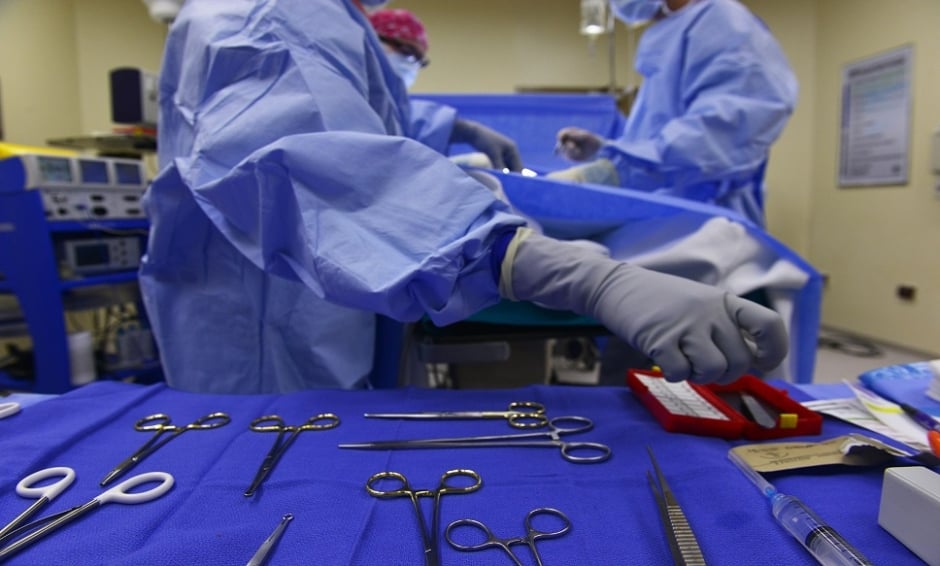A REVOLUTIONARY treatment has been developed for the surgical dispersal of retinal vein occlusion clots. The procedure would not have been possible without the aid of a specialist robotic device, which was custom-made by mechanical engineering researchers from the Katholieke Universiteit Leuven, Leuven, Belgium, and has enabled surgeons at the University Hospitals Leuven, Leuven, Belgium, to surgically combat the precise cause of retinal vein occlusion for the first time in history.
Affecting 16.4 million people worldwide, retinal vein occlusion leads to eyesight deterioration and in some cases, complete blindness. Existing therapeutics are focussed on symptomatic improvement rather than targeting the underlying cause. Considering the treatment only addresses the adverse effects of thrombosis, it is extremely costly (€32,000 per eye), and involves ongoing injections directly into the eye.
The unmet need for a curative treatment led researchers to investigate improvement to retinal vein cannulation; 7 years of research led to the development of a surgical robot capable of such a procedure. The collaborative approach involves the surgeon manoeuvring an ultrafine injection needle, approximately 0.03 mm thick, into the vein, whilst the robot eliminates vibration ensuring optimal precision. Injection of the protease, ocriplasmin, dissolves the blood clot, unblocking the vein.
A current Phase I feasibility study aims to confirm the practicality of the robot-assisted procedure.
“The robotic device enables us to treat the cause of the thrombosis in the retina for the first time. I am therefore looking forward to what is next: if we succeed, we will literally be able to make blind people see again.explained Prof Peter Stalmans, Ophthalmologist, University Hospitals Leuven, Leuven, Belgium.
A future Phase II study is planned to assess the clinical effects of the technique. , Leuven, Belgium, concluded: “We are hugely proud that our robot enables us to perform eye surgery that was previously impossible to perform safely. This brings us one step closer to commercialising this ground-breaking technology. We look forward to making other revolutionary procedures possible with this robotic device and to improving the quality of existing surgical treatments.”
(Image: freeimages.com)








